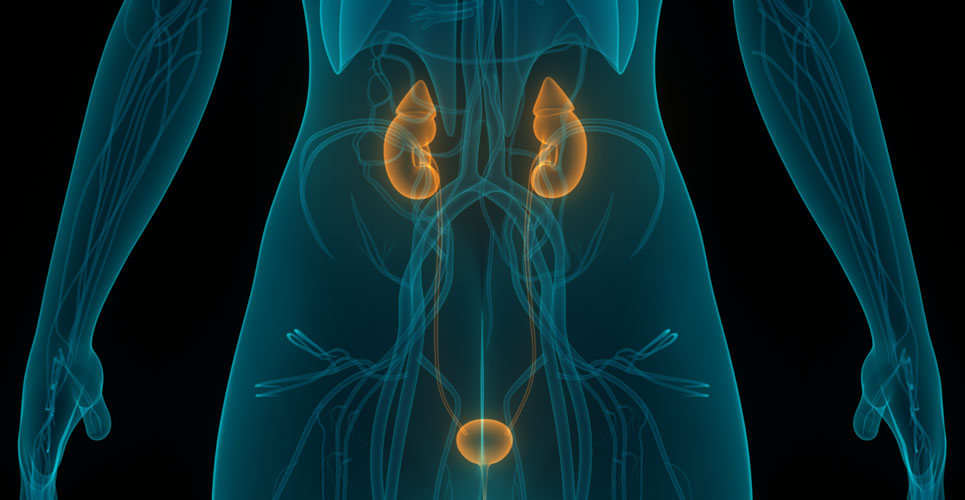Urothelial carcinoma accounts for the majority of urinary tract cancers and though detected with urine cytology, the method has a low sensitivity, leading researchers to investigate a specific marker.
Urothelial carcinoma (UC), which is also termed, transitional cell carcinoma, is the most common form of bladder cancer and the tenth most common cancer in the world. Urothelial cells line the bladder and urinary tract and are constantly exposed to environmental agents filtered through the kidneys and not surprisingly, 90% of bladder cancers arise within these cells. Detection of UC is based on subjective microscopic features that are not always able to distinguish between benign and low-grade UC. Now a team from Yale Cancer Centre, US in conjunction with KDx Diagnostics, have developed a urine screening test based on immunocytochemistry and detects, keratin 17, a molecule which has been found to be over-expressed in a range of cancers such as those affecting the breast, ovaries and pancreas. The researchers therefore wanted to explore whether the presence of keratin 17 could also be used to screen for UC and detect recurrent UC in urine samples.
The researchers used two patient cohorts: one with haematuria and one with recurrent UC. In screening samples with haematuria, the test was found to have a sensitivity of 100% and specificity of 83%. In patients with recurrent UC, the corresponding specificity and sensitivities were 92% and 100%.
The test itself, URO17, was developed by KDx diagnostics and commenting on the results of the study, co-author, Dr Nam Kim, said “there is now a growing body of evidence that the noninvasive, K17 urine test will make a significant positive impact on detection and management of UC“.
The study authors concluded that the study provides evidence to support the development of prospective trials to further define the clinical and diagnostic impact of K17.
Citation
Babu S et al. Keratin 17 Is a Novel Cytologic Biomarker for Urothelial Carcinoma Diagnosis. Am J Clin Pathol 2021

